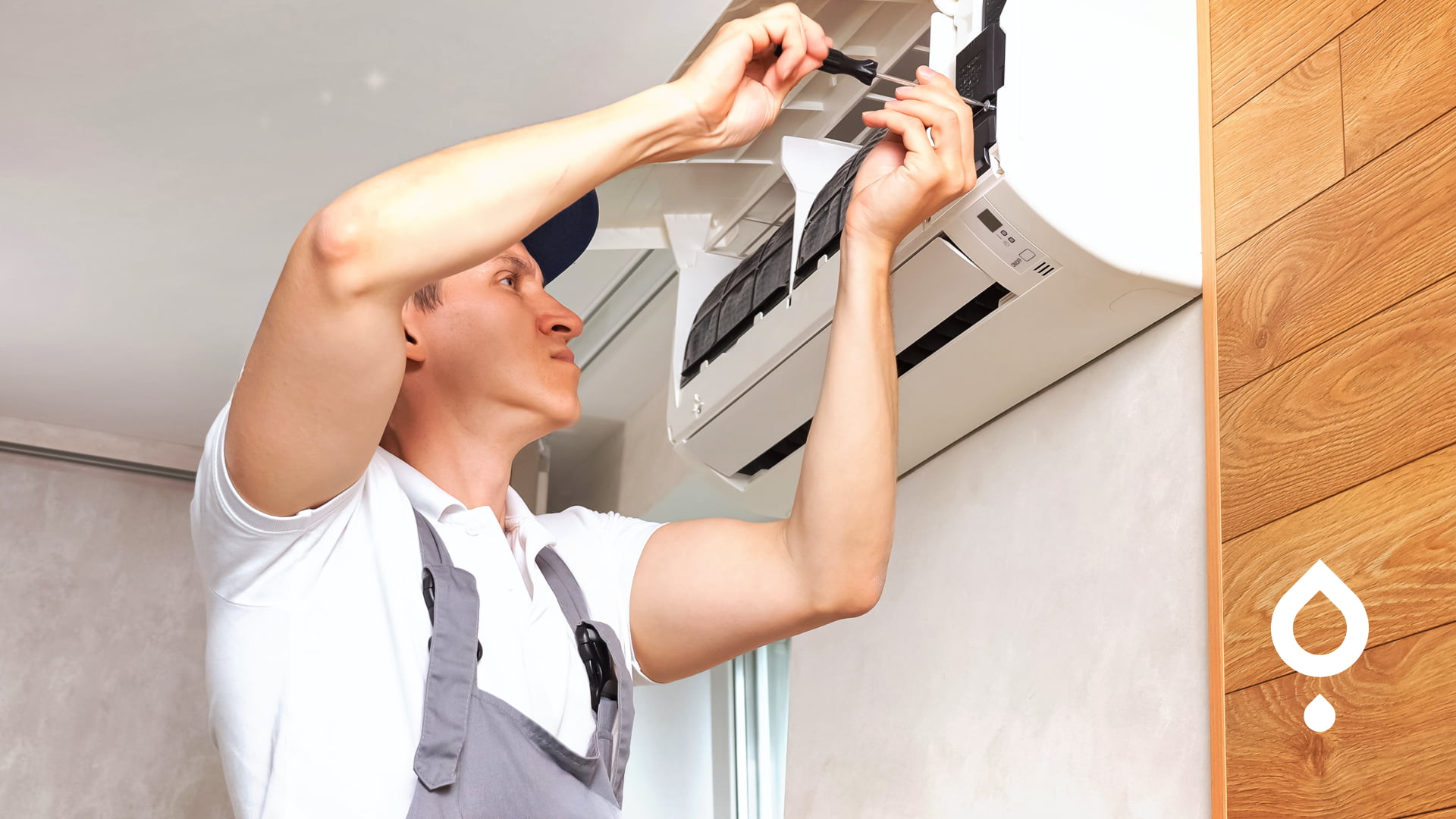
Why Delaying AC Repairs Can Cost You More
When your AC breaks or starts acting up, it might be tempting to wait it out or hope it “fixes itself.” But in reality, delaying repairs can turn a minor issue into a major (and expensive) one. From HVAC damage to skyrocketing energy bills, ignoring problems can create unsafe living conditions—especially during heatwaves.
Quick action not only restores comfort but also protects your system from costly breakdowns or long-term wear.
Top Signs Your AC Needs Immediate Attention
Not sure if you’re dealing with an AC emergency? These warning signs should not be ignored:
- AC not cooling properly, even when thermostat is set correctly
- Burning smells or strange odors
- Unusual noises like grinding, buzzing, or banging
- Water pooling or refrigerant leaks
- Warm air blowing from vents
- Frequent short cycling (system turns on/off rapidly)
If you notice any of these, it’s time to act fast.
The Hidden Costs of Waiting Too Long
Postponing repairs can impact both your finances and home comfort. Here’s what you risk:
- Compressor failure: This is one of the most expensive AC parts to replace.
- Increased HVAC repair cost: What starts as a small fix can spiral into a full system overhaul.
- Emergency service fees: After-hours or weekend emergency HVAC service typically comes with a premium price tag.
- Damage to other components: Faulty parts can strain or break adjacent systems.
- Reduced system lifespan: Operating under stress leads to faster wear and tear.
- Health risks: Poor cooling and air quality can be dangerous for young children, elderly, and those with respiratory issues.
How to Avoid Costly Emergency Repairs
Preventing AC disasters comes down to preparation and awareness. Here’s how to avoid an air conditioner breakdown:
- Schedule regular HVAC service at least twice a year
- Change your air filters every 1–3 months
- Clean around your outdoor unit and keep vents clear
- Watch for any warning signs like leaks, sounds, or low airflow
- Keep your thermostat calibrated and settings optimized
A bit of prevention now can save you from expensive emergency response later.
When to Call a Professional for Emergency AC Repair
You should contact a repair technician immediately if:
- There’s a complete system failure and your home is dangerously hot
- You smell burning or electrical odors
- There are visible refrigerant leaks or pooling water
- Your unit has shut down during a heatwave
- Circuit breakers trip when the AC runs
Professional techs can quickly identify problems, prevent further damage, and get your home back to comfort.
Frequently Asked Questions (FAQs)
What qualifies as an AC emergency?
Anything that compromises comfort or safety, like no cooling during extreme heat, strange smells, or system failure.
How much can emergency AC repairs cost?
Costs vary, but you can expect to pay $300–$800+, especially for after-hours or emergency HVAC service.
Can I prevent an AC breakdown during heatwaves?
Yes. Regular maintenance, clean filters, and early detection of issues can help avoid mid-summer breakdowns.
Is it safe to run an AC with a known issue?
No. Continuing to use a damaged AC can cause further HVAC damage, increase repair costs, and even create fire hazards.
How often should I get my AC professionally inspected?
At least once a year, ideally in spring. More frequent checkups are recommended for older units.
Final Thoughts
Ignoring AC issues won’t make them disappear—it only makes them worse (and pricier). Whether it’s a strange noise or your AC not cooling at all, taking fast action can save you time, money, and a lot of sweat. Don’t wait for a full-blown AC emergency—stay proactive and keep your system running strong all season long.
